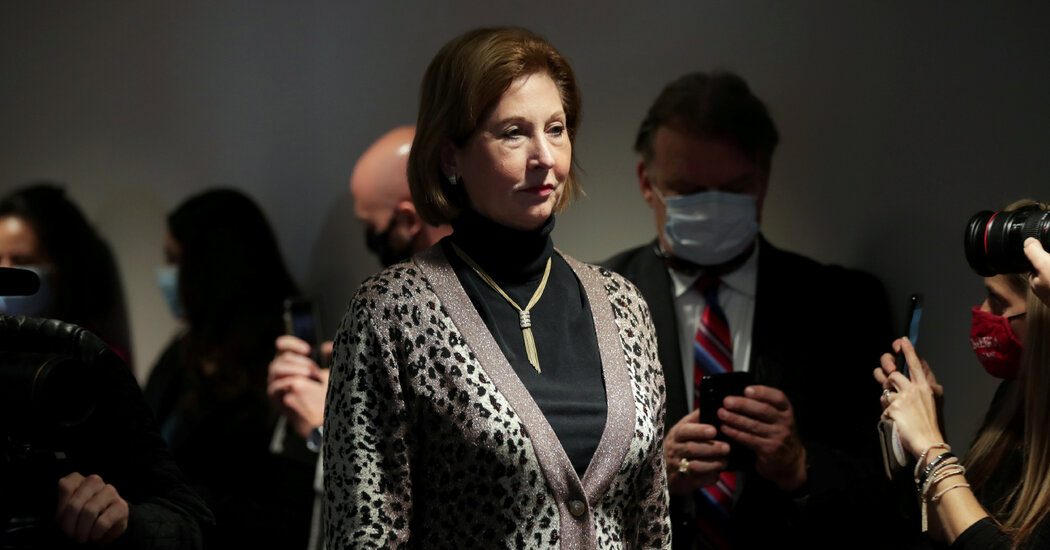From Voter Fraud to Vaccine Lies: Misinformation Peddlers Shift Gears

The change has been particularly evident over the last six weeks. Election misinformation peaked on Nov. 4 at 375,000 mentions across cable television, social media, print and online news outlets, according to an analysis by Zignal. By Dec. 3, that had fallen to 60,000 mentions. But coronavirus misinformation steadily increased over that period, rising to 46,100 mentions on Dec. 3, from 17,900 mentions on Nov. 8.
NewsGuard, a start-up that fights false stories, said that of the 145 websites in its Election Misinformation Tracking Center, a database of sites that publish false election information, 60 percent of them have also published misinformation about the coronavirus pandemic. That includes right-wing outlets such as Breitbart, Newsmax and One America News Network, which distributed inaccurate articles about the election and are now also running misleading articles about the vaccines.
John Gregory, the deputy health editor for NewsGuard, said the shift was not to be taken lightly because false information about vaccines leads to real-world harm. In Britain in the early 2000s, he said, a baseless link between the measles vaccine and autism spooked people into not taking that vaccine. That led to deaths and serious permanent injuries, he said.
“Misinformation creates fear and uncertainty around the vaccine and can reduce the number of people willing to take it,” said Carl Bergstrom, a University of Washington evolutionary biologist who has been tracking the pandemic.
Dr. Shira Doron, an epidemiologist at Tufts Medical Center, said the consequences of people not taking the Covid-19 vaccines because of misinformation would be catastrophic. The vaccines are “the key piece to ending the pandemic,” she said. “We are not getting there any other way.”
Ms. Powell did not respond to a request for comment.
To deal with vaccine misinformation, Facebook, Twitter, YouTube and other social media sites have expanded their policies to fact-check and demote such posts. Facebook and YouTube said they would remove false claims about the vaccines, while Twitter said it pointed people to credible public health sources.
Business & Economy
Dec. 15, 2020, 4:17 p.m. ET
The flow of vaccine falsehoods began rising in recent weeks as it became clear that the coronavirus vaccines would soon be approved and available. Misinformation spreaders glommed onto interviews by health experts and began twisting them.
*** This article has been archived for your research. The original version from The New York Times can be found here ***


